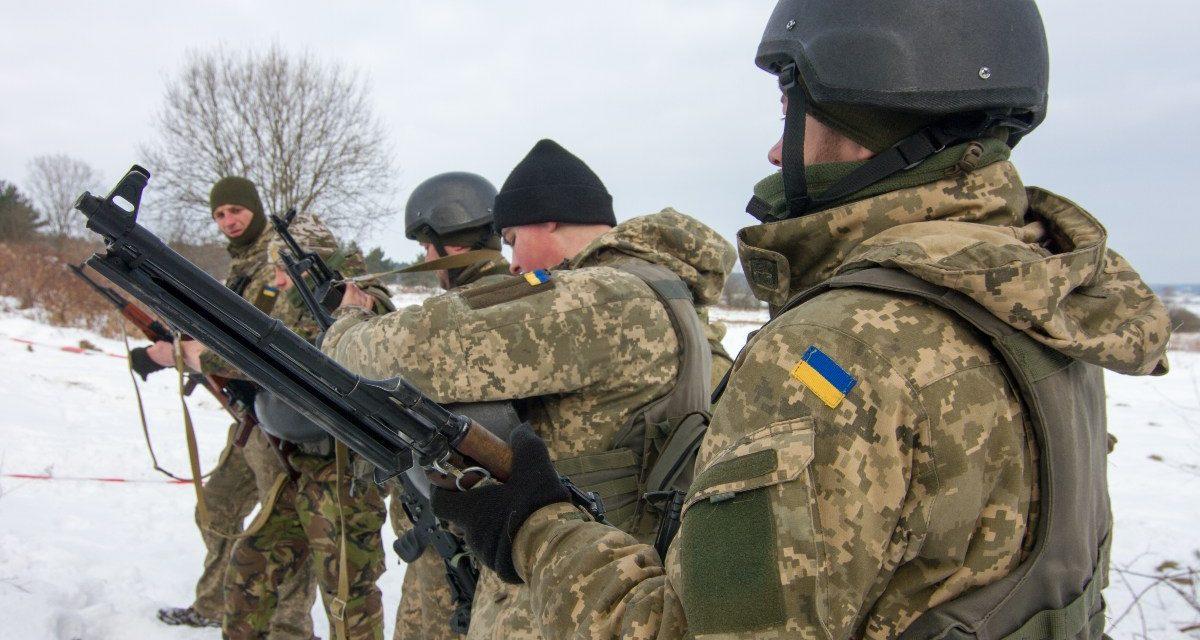MSc International Development and Humanitarian Emergencies student and disability justice activist, Anna Landre has taken time off class (with permission) to help coordinate evacuations of people with disabilities from war-torn Ukraine. She tells us why she’s angry about what she’s seen there.
As a 23-year-old wheelchair user halfway through a Master’s degree at the London School of Economics, I didn’t expect to spend my past week working 16 hours a day to coordinate evacuations of people with disabilities from war-torn Ukraine.
But when I opened social media last Saturday to see Ukrainian disability rights organization Fight for Right (FFR) begging for assistance with evacuating their community, I quickly got in touch to see how I could help. Within 24 hours, my small US-based disability organization, The Partnership for Inclusive Disaster Strategies, was on board to do what we could.
We expected to jump in for a few days to create connections between FFR and relevant humanitarian organizations we knew, such as the UN, Red Cross, USAID, and more – the usual suspects when it comes to situations like the crisis in Ukraine. We certainly weren’t equipped to facilitate evacuations from an active conflict zone, when our typical operations include policymaking and disability supply deliveries after earthquakes and other natural disasters.
But as we made these connections, reaching the highest heights of the “who’s who” of the humanitarian field, we were turned down every time. The typical line was that the organization lacked the ability to evacuate “personnel with those needs” – in other words, people with disabilities.
How fascinating (read: infuriating), given that every single one claims to serve the disability community in their promotional materials and appeals for funding.
The reality is that these promises are empty. Instead, we get:
– Disabled people who called the main hotline for a household-name medical humanitarian agency being told “Oh, we don’t help people with disabilities.”
– A lack of evacuation vehicles outfitted to wheelchair-users and people who are bed-bound
– Refugee registration centers, shelters, and buses that are not wheelchair accessible
– Ukrainian hospitals, orphanages, and institutions housing children and adults with disabilities being abandoned.
And that’s just the tip of the iceberg of the things I’ve seen.
2.7 million Ukrainians have a documented disability; the real number is likely much higher. 15% of the world’s population has a disability, and we have had these statistics for decades. These are not niche needs. So why hasn’t the humanitarian field learned to accommodate them? Are they unwilling? Dominated by so many nondisabled bodyminds as to be incapable of understanding the needs of anyone else?
Fight for Right and The Partnership do not have the capacity to do what’s necessary to keep Ukrainians with disabilities safe. But we’re trying.

See the photo? Meet Sergey and Olga, two Ukrainian wheelchair users who just arrived in Germany. We were able to evacuate them from their home, working tirelessly to crowdsource accessible transportation to the border, where we then networked to find Polish disability community contacts that could get them accessible transportation and housing in Poland. The same network is bringing them to Germany, where German disability allies have found them housing.
Notice a pattern here? The disability community, already under-resourced and struggling, is consistently the only one to step in to help. (Another notable pattern is that my team is almost exclusively disabled women, but that’s another blog post.)
This burden of responsibility and work isn’t as it should be. The humanitarian field shouldn’t work for only 85% of humanity, leaving the other 15% to become acceptable and expected losses.
We’re still trying to find a partner organization who will work with us – someone who is actually equipped to handle evacuations and resource delivery and is willing to do so for people with disabilities. Let this blog post be foremost a call for help.
Second, let it be a call for a reckoning in the humanitarian space. Knowing what we know about past mistakes and the uneven burden of impact in emergencies, why are we (or more likely, you) still abandoning 15% of the global population? As a disabled woman myself, I think I know exactly why that is – but I could sure use some help pressuring those responsible into fixing it.
I’d like to end this post with a quote from a text I got from Uliana Pcholkina and Vitaliy Pcholkin two wheelchair users and activists who are still stuck in Ukraine and now have lost all access to internet due to the Russian occupation of their city:
“People with disabilities all over the country have been held hostage to their disability – we do not have access to shelter, we cannot get food and water, we need medicine…
Now we are in a city where there is a humanitarian catastrophe !!!
Save people in Bucha !!!!
We have no chance without help !!!!”
The views expressed in this post are those of the author and in no way reflect those of the International Development LSE blog or the London School of Economics and Political Science.
This article was first published in FP2P.


